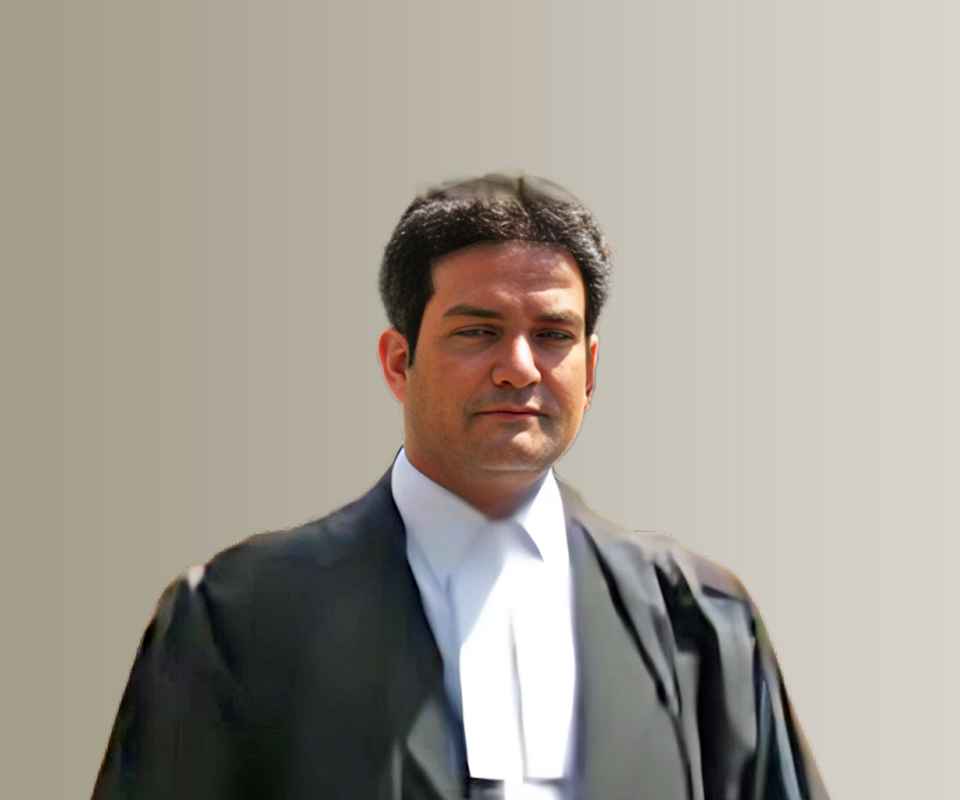Answer By law4u team
Intersectional activism is a critical framework that highlights the interconnectedness of various forms of oppression—such as racism, sexism, homophobia, and classism—and how they uniquely affect individuals depending on their multiple identities. In the context of racial justice, intersectionality ensures that marginalized groups who experience overlapping forms of discrimination are not overlooked. By considering how race intersects with other aspects of identity, intersectional activism provides a more nuanced and holistic approach to dismantling systemic injustice.
Role of Intersectional Activism in Racial Justice:
Broadening the Scope of Racial Justice:
Intersectional activism goes beyond a one-dimensional approach to racial justice. It recognizes that individuals may face complex layers of discrimination. For example, a Black woman or a person of color with a disability may experience a unique form of injustice that requires addressing both race and disability simultaneously. This ensures racial justice movements are comprehensive, representing all marginalized voices.
Addressing Systemic Injustice:
Intersectional activism reveals the depth of systemic inequalities by showing how different forms of oppression are not isolated but interwoven. For example, the criminal justice system may disproportionately affect Black men, but the experience of Black women within the same system may also involve gendered violence, which cannot be tackled by focusing solely on racial issues.
Promoting Inclusivity in Advocacy:
Intersectional activism works toward creating an inclusive movement that listens to and represents all affected communities. By considering diverse identities, including gender, sexuality, and class, intersectional activism ensures that racial justice movements are not one-size-fits-all but are built to advocate for the full range of marginalized experiences.
Empowering Marginalized Communities:
Intersectionality not only challenges oppressive systems but empowers individuals and communities by giving visibility to their struggles. It helps individuals feel heard and validated, allowing them to engage in movements for justice with a sense of collective power and purpose.
Influencing Policy and Change:
Intersectional activism pushes for policies that account for the complexities of people's lived experiences. For example, policies focused on criminal justice reform need to acknowledge that Black women and LGBTQ+ people of color may face different types of abuse or discrimination within the system. By considering these multiple forms of oppression, the movement works toward creating equitable, fair, and inclusive solutions.
Example:
Consider the case of a Black, queer woman who faces both racial discrimination in the workplace and homophobia in her community. An intersectional approach would ensure that her struggle is addressed holistically, considering both her race and sexual orientation. The activism would fight for workplace policies that protect employees from racial and LGBTQ+ discrimination, advocate for safe spaces in the community, and highlight how systemic racism and homophobia interact to compound her marginalization. Rather than tackling each issue separately, intersectional activism ensures that the solutions offered are comprehensive and tailored to the complex realities that marginalized individuals face.







